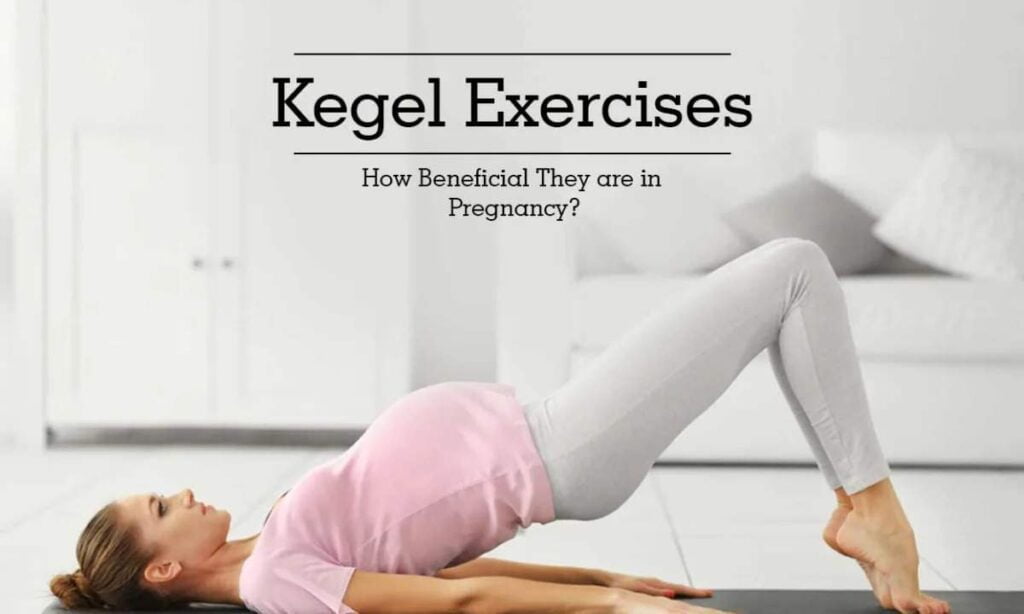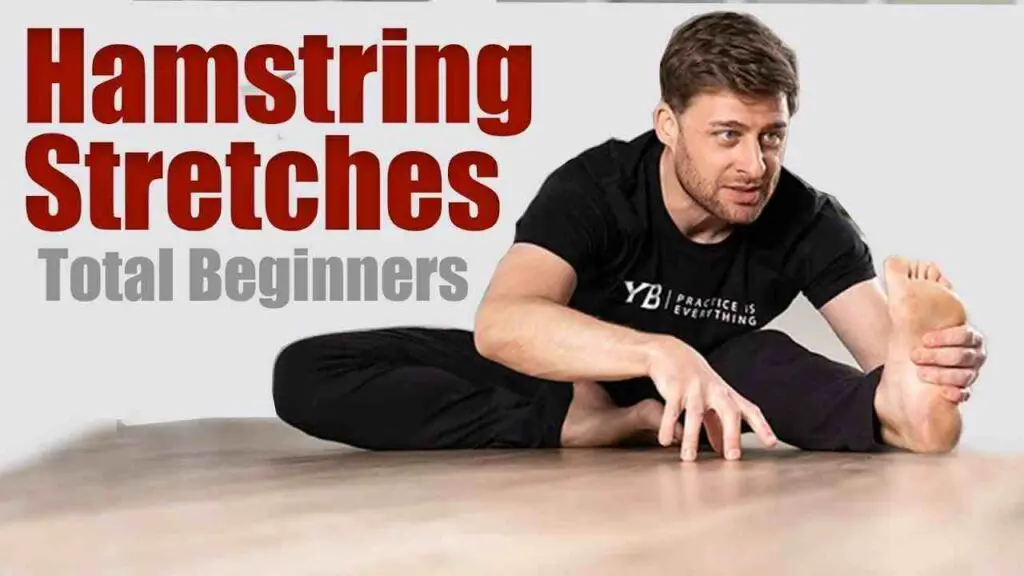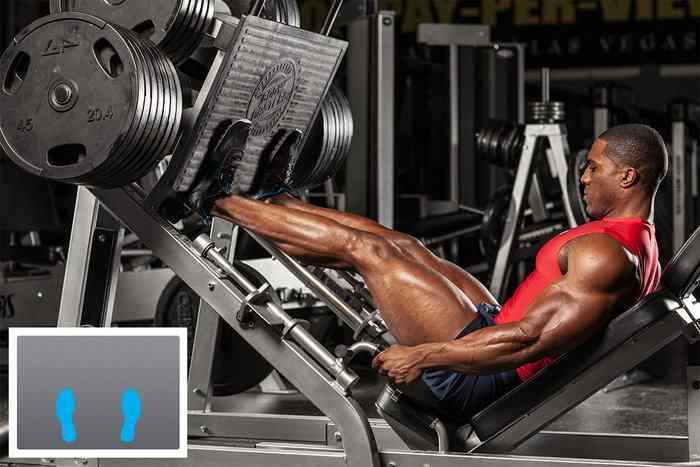Overview
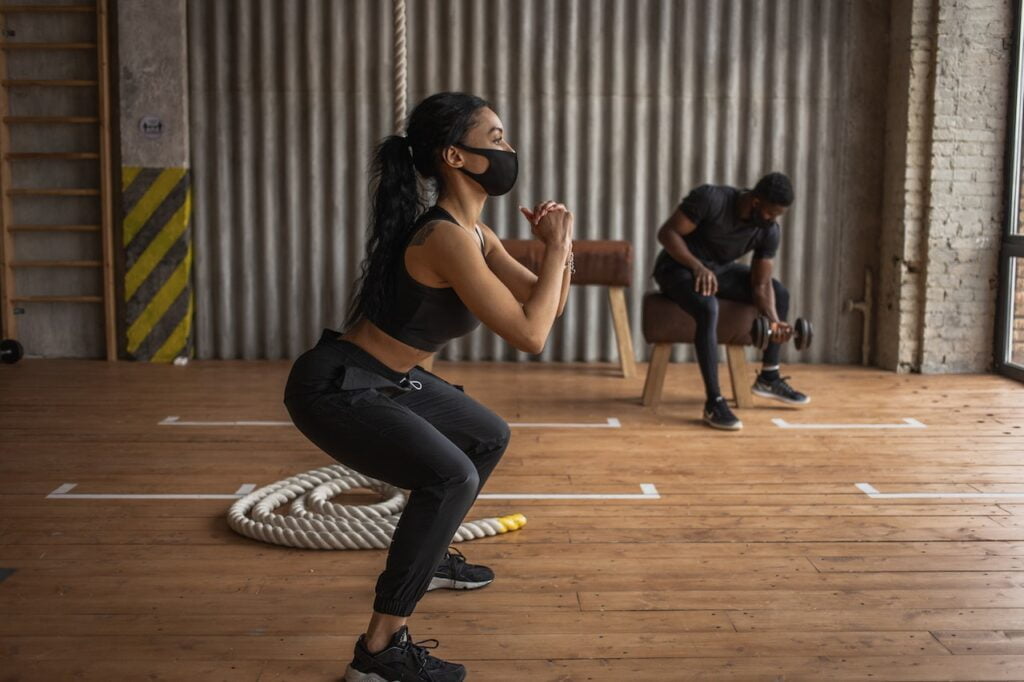
Hello Guys, Thanks for visiting our website. Today we will discuss a common question “Do Squats Work Hamstrings and Calves?” Moreover, we will also discuss “How doing squat daily is beneficial for someone”. So let’s dig into the topic and read in brief.
Squats burn calories and may aid in weight loss. They also reduce the likelihood of knee and ankle injuries. Exercise strengthens the tendons, bones, and ligaments that surround the leg muscles. It relieves some of the strain on your knees and ankles.
The squat is the go-to exercise for developing full-body strength, as well as powerful quads and glutes. This exercise, however, also works your hamstrings and calves. Many muscles are involved in the squatting process, with the calves being one of the most important.
The hamstrings are one of five strong, thin tissues (tendons) behind your knee that connect your upper leg muscles to your lower leg bones.
The calf (Latin: sura) is the lower leg’s posterior portion. The gastrocnemius and soleus are the two largest muscles in this region. The gastrocnemius has two heads, medial and lateral, and is the most superficial of the muscles.
Do Squats Work Hamstrings and Calves?
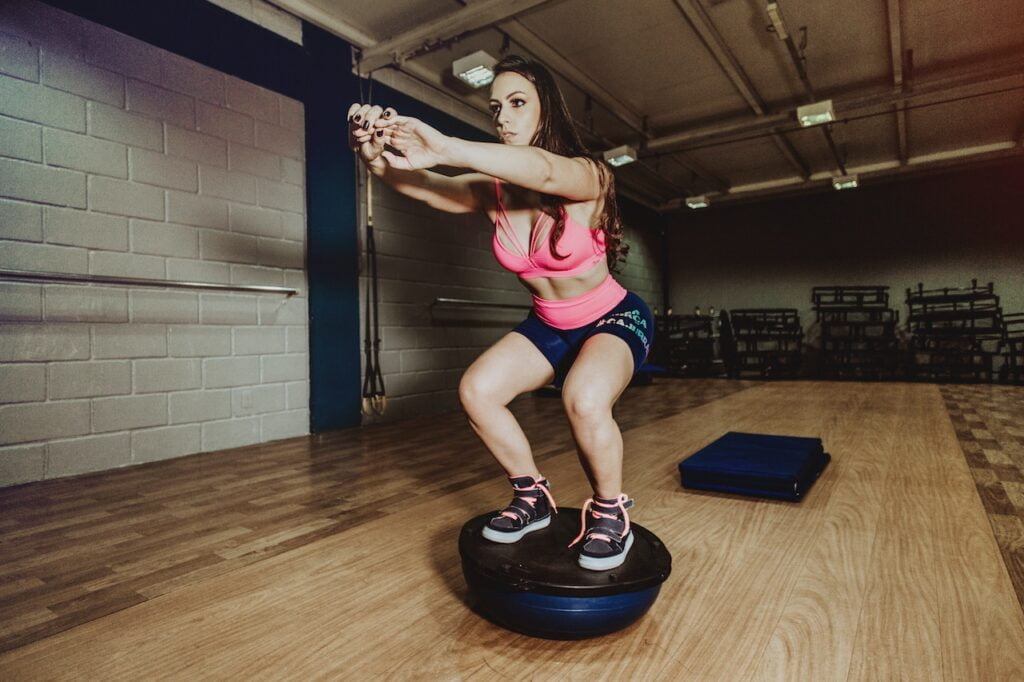
This question is for you. What answer would you suggest? Do squats work hamstrings and calves? If yes then explain it. But before that, I will summarize it in a different way.
Why does it matter, would be a sarcastic response.
Squats should not be your primary movement for posterior leg development if you are used to working individual body parts like a bodybuilder. But are those muscles activated when you perform a back squat? Absolutely.
The hamstrings are a group of muscles on the back side of your thigh that attach to your femur, tibia, and fibula at the sit bones of the hip (ischial tuberosity). They are essential for functional movement (such as walking and standing up) and are unique in that they cross two joints, the hip, and the knee.
These muscles are in charge of knee flexion (heel to buttock) and hip extension (straightening up). Gravity is doing the majority of the work in the squat by flexing your knees and hips (smaller angle between your torso and thigh).
The hamstrings, on the other hand, are active throughout, stabilizing the knee. This stabilization continues as you stand, and the hamstrings shorten in the portion of the squat where the torso-thigh angle opens up again and you stand. The greater the activation, the heavier the squat.
According to experts, a properly executed low-bar back squat activates your hamstrings the most, while a high-bar back squat or front squat with a more vertical position does not. The hamstrings are activated in all types of squats, according to testing, the heavier the squat, the greater the activation.
However, if you want to isolate the hamstring training stimulus, exercises like the stiff-legged deadlift, leg curl, or GH raise are superior.
This is also true for calves. They are isometrically active in a proper squat to keep you from falling over. However, because there is no foot flexion (unless you pitch forward! ), jumping, sprinting, or calf raises are superior for calf development. However, your feet and calves are active stabilizers during the squat.
Squats can’t be the only thing you do for your calves and hammies if your goals include oiling up and posing in a Speedo. However, they are indispensable in ensuring that your prime movers for athletic power are as strong as they can be.
Do Squats Work Abs?
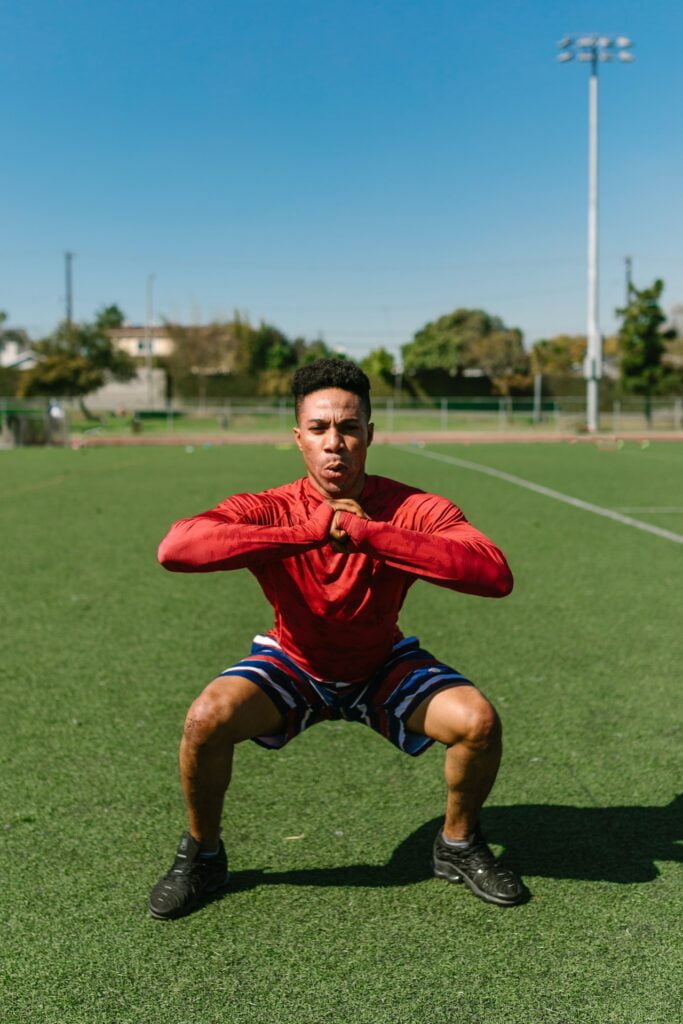
Absolutely! Squats, including the abdominals, lower back, and oblique, engage the entire core. Keeping your core contracted and tight during squats is a great way to get the most benefit from squats for your core while also protecting your back.
Combining heavy compound movements that contract the core muscles with specific isolation exercises that supplement the training stimulus provided by these compound movements, as many athletic coaches and personal trainers advise, will result in far better physical development.
Dynamic Stretching for Hamstrings
To achieve their training goals, exercisers with a particular focus on the strength or appearance of their abdominal muscles may perform a variety of supplementary abs isolation work in conjunction with the isometric training stimulus of the squat.
Do squats make you lose weight?
People looking to lose weight can benefit greatly from strength training; a squat is one of the most traditional, functional, and effective exercises in any strength routine. You can definitely lose weight if you stick to a workout plan that incorporates smart strength training, functional movement, and a variety of cardio intensities (squats can technically fall into any of these categories).
Other Benefits of Doing Squats Daily
There are many key Benefits of doing squats on a daily basis. Squatting exercises will also aid in weight loss. So, if you’ve been putting it off, here’s why you should start right away. So without wasting more time let’s dive into the main topic.
1. Muscle development
Squatting exercise promotes muscle growth all over the body, not just the legs. This strenuous exercise stimulates the production of anabolic hormones and creates an anabolic environment. Squats strengthen both the lower and upper body.
2. Shapes your butt and abs
If you want a bigger butt, do squats. It works a variety of muscles and is an excellent multi-purpose exercise. Squats will firm and expand your buttocks without putting strain on your back. It will also tone and tighten your abs and legs. Squats will help you build muscle and regulate your glucose levels.
3. Burns fat
Squats will help you burn fat more quickly. For every pound of muscle gained, your body burns 50 to 670 calories more. As a result, when you do squats, you burn more fat. Squatting exercise is one of the most effective ways to burn calories.
4. Reduces the possibility of injury
When you strengthen your lower body muscles, you are better able to execute full-body movements with proper form, balance, mobility, and posture.
In addition, including squats in your overall workout routine helps strengthen your tendons, ligaments, and bones, which may reduce your risk of injury.
5. Boosts athletic ability and strength
If you play a sport, including jump squats in your workout can help you develop explosive strength and speed, improving your athletic performance.
A 2016 study looked at the effects of jump squat training done three times a week for eight weeks.
According to the study’s findings, jump squat training has the potential to improve several different athletic performances at the same time, including sprint time and explosive strength.
6. Tones leg muscles
Squats work every muscle in your legs and primarily tone your lower body. They will help you improve your balance by strengthening your calves, hamstrings, and quadriceps, as well as other muscles. It is also the most effective exercise for toning your legs.
7. It is possible to do it anywhere
Bodyweight squats do not require any equipment. All you need is your body and enough space to lower your hips and sit.
If you’re short on time, doing 50 squats a day can still benefit many muscle groups: try doing 25 in the morning and 25 at night. Add 25 to the afternoon as you gain strength.
FAQs’
Q. Do squats burn thigh fat? Do squats burn belly fat?
It is impossible to remove fat from specific areas of the body. Squats, on the other hand, are such a good exercise for burning body fat and building lean muscle that if you do them on a regular basis, you’re very likely to start losing body fat all over, including the belly and thighs.
Q. Are squats bad for your knees?
Squats are good for your knees if done correctly. Squats, in fact, can help build the muscles that support that joint. My personal experience is that I used to have a lot of chronic knee and back pain in my teens and early twenties, but since I started strength training in the last 8 years, I almost never have any pain in either area.
Q. Is it necessary to go deep on squats for them to be effective?
A shallow squat with good form is more effective and safer than a low squat with poor control. Don’t let the meme shamers get to you; safety and form are always more important than complying with an arbitrary, one-size-fits-all “rule”. Maintain proper form and lower your squat as your strength, coordination, and balance allow.
Q. Do squats help with cellulite?
Yes, squats can help with cellulite removal. Squats, combined with a smart fitness program and healthy eating, can help reduce cellulite (not that cellulite is something to lose sleep over, considering most of us have it and it does not indicate how healthy you are).
Q. What muscles do squats work?
Squats primarily work the buttocks (glutes) and thighs (hamstrings and quadriceps), but the abs, obliques, lower back, calves, and ankle complex also contribute. It can be a total body exercise depending on the type of weight you use, how you hold it, and which squat variation you do.
Q. How many squat reps should I do?
We believe in quality over quantity, and the body responds in kind. Rather than doing hundreds and hundreds of squat repetitions, try weighted squats. A few sets of ten squats with a weight that makes reps 8-10 difficult (without sacrificing form) are more effective than hundreds or even thousands of squats.
This is especially true when the time saved allows you to do deadlifts, lunges, and bridges – a few of the best butt and thigh exercises – as well.
Q. Do squats make you shorter?
Your spine compresses slightly throughout the day, but the difference you see from weighted squats is extremely minor and will return to normal once your spine decompresses while you sleep (like it does every night).
Q. How do you know if your squats are effective?
When you can stand back up from the bottom of a squat position without having to lean forward and use momentum to get up, you know you’re doing a good squat. You can squat, touch your buttock to the box, and then stand up without shifting your weight! RETAIN THAT BUTT!

Good day, and welcome to Fitthour. My name is Shubham Vijay, and I am a certified personal trainer and nutrition coach with 6 years of experience in the fitness industry. At Fitthour, we specialize in types of training, such as strength training, cardio, or HIIT, and our mission is to help clients achieve their fitness goals and improve their overall health.

